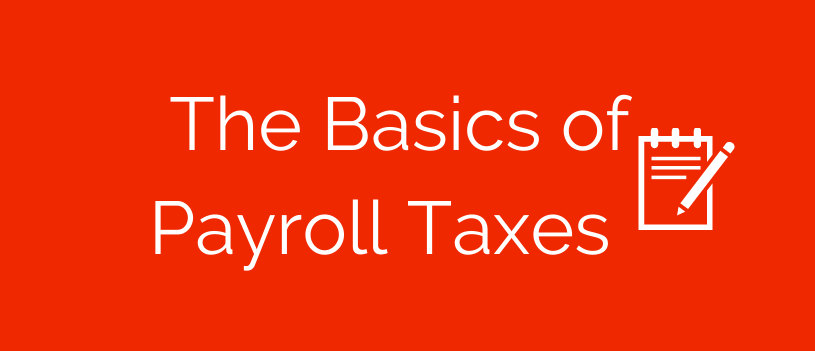If you are a small business owner, one of the financial requirements you are responsible for undertaking on behalf of your company is the collection and payment of payroll taxes. Payroll taxes, which are a percentage of wages held from employees’ paychecks and paid to the federal and state governments to fund public programs, can be intimidating to new entrepreneurs, but they don’t have to be. In this guide, we will break down the basics of payroll taxes and how to set yourself up for success when dealing with them.
Obtain an EIN
According to Corpnet, the first step to taking care of your payroll tax obligations is to obtain an EIN, or Employment Identification Number, for your business. Unless you have a sole proprietorship with no employees, in which case you may be able to operate your company under your own social security number, obtaining an EIN is mandatory, as it is used by the IRS to track your tax history. It is also used on many company documents and to open business bank accounts.
You can apply for an EIN on the IRS website by filling out this form and providing your business’s legal name and location as well as a statement about its structure and activities.
Find Out What You Owe
Once you’ve obtained an EIN, the next step is to find out which parties you owe taxes and how much you must pay them. Payroll taxes are paid to both the federal and state governments, and each has different requirements.
For federal taxes, you first need to verify that each of your employees can legally work in the United States by having them complete form I-9 when being hired. Next, have your workers fill out a W-4 to determine how much should be withheld from their paychecks. You can use the tables provided in IRS Publication 15 to determine the amount you need to withhold if doing your won calculations. You must withhold, report, and pay income taxes per the Federal Insurance Contributions Act. Here is a breakdown of what taxes are included:
- Income Tax
- Social Security Tax (the rate is 6.2%)
- Medicare Tax (the current rate is 1.5%, but an employer must withhold an extra 0.9% if the employee’s wage exceeds $200,000 or their household income is greater than $250,0000)
- FUTA (unemployment) tax- This is paid by the employer, not withheld from employee wages
The above taxes can be paid either monthly or semi-weekly to the IRS via electronic funds transfer (futa may be paid once a year if not more than $500, or in the quarter once that threshold is met).
Unless you live in Alaska, Florida, Nevada, South Dakota, Texas, Washington, or Wyoming you will also need to withhold employment taxes for your state. The amount you withhold will again be based on your employees’ W4s. Please note that if you are based in New Hampshire or Tennessee, the state does not tax wages, but does tax investment income and interest. You are also responsible for SUTA, or state unemployment tax.
If you have employees working in other states, you must register with their state tax agencies, register for a state income tax withholding number, acquire an unemployment insurance number, and withhold the correct amount of payroll tax for their state.
If you fail to remit taxes correctly and on time, late payments are subject to penalties ranging from 2-15%.
If all of this is confusing and you would like assistance, please contact us. We can help from the enrollment with tax agencies through payroll processing, paying taxes and filing returns. We can be reached at 310-534-5577 or contact@abandp.com. We’re happy to help you with this aspect of your business.
